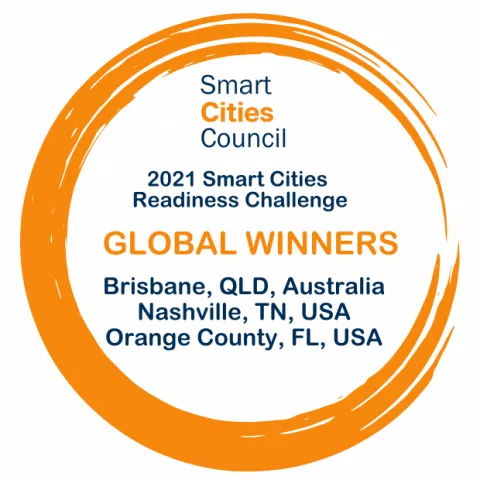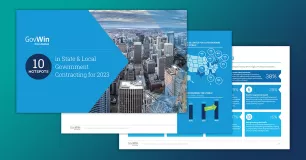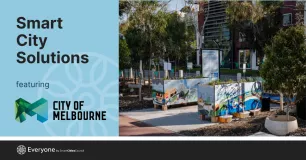
The Smart Cities Council announced its first cohort of Readiness Challenge Winners for 2021 – specifically
Brisbane, Queensland, Australia / Nashville, Tennessee, USA / Orange County, Florida, USA
These cities submitted projects in 2020 that the Council judged would make a difference regionally and be replicable by other cities, globally. These cities have agreed to work with the Smart Cities Council to accelerate their own plans and help other cities globally.
The Council also recognizes the outstanding work being done by the Readiness Challange Finalists inclucing: Colorado Springs, CO, Morrisville, NC; Omaha, NE; Palmdale, CA; Philadelphia, PA; Moscow, Russia and Santa Catarina, Mexico.
Specifically –
- Nashville showed immense courage in 2020, persisting through COVID and non-COVID crises in planning to mitigate the impact of urban flooding, all while passing a massive $1.5B transportation plan. Nashville intends, with the help of the Smart Cities Council and its global network of experts, to continue refining its plan to mitigate the impact of urban flooding. It will deliver a roadmap for review by its leaders that can also be replicated by other cities. We explain Nashville’s planning and future work here.
- Orange County showed its vision to integrate growth and sustainability by proposing a Smart & Healthy Building project that includes in its scope the County’s 530 buildings with plans to extend its work to the 11 other cities in the County, including Winter Park and Orlando. The County put together its plan over six months of online collaborative planning. We explain Orange County’s planning and future work here.
- Brisbane goal is to explore how innovation, technology and data can help accelerate the city’s progress towards achieving broader goals of liveability, sustainability, and prosperity. The ability to collect accurate and timely data provides the foundations for the Brisbane City Council to make informed decisions. The significant geographic spread of the Brisbane Local Government Area means Council has thousands of kilometres of land and assets to manage, which in turn requires a sophisticated data collection plan. Brisbane’s City Council is in the process of implementing several initiatives to support the collection of operational and city data. We explain Brisbane's planning and future work here.
Lord Mayor Adrian Schrinner said he was proud that Brisbane had been recognised as a global leader in smart cities.“Brisbane is a smart, connected city, and as our city grows we want to continue harnessing the data available to us, so we can make the Brisbane of tomorrow even better,” Schrinner said. “From launching our Open Data website in 2015 to deploying 20 smart poles in 2020 and using smart sensors for monitoring air quality, public habits and soil moisture, Council has been delivering ‘on the ground’ informative projects for many years. Initiatives like these continue to influence and transform the way we plan, build and innovate for the city. Brisbane is quickly developing a blueprint for other cities looking to transform and we look forward to sharing our knowledge through this program.”
The Council’s unique approach called ‘Collaborative Acceleration’ reflects our approach of helping cities accelerate the implementation of their key projects. “Instead of four or more years of planning, we work with the city to accelerate their planning by identifying needs, recruiting stakeholders and scoping solutions – all with the goal of delivering benefits to its residents sooner with a larger range of solutions and better financing options”, explains Philip Bane, Managing Director, Smart Cities Council.
About the Smart Cities Council
The Smart Cities Council, the world's largest smart cities network, envisions a world where digital technology and intelligent design are harnessed to create smart, sustainable cities with high-quality living and high-quality jobs. A leader in smart cities capacity development, the Council is comprised of partners and advisors who have generated $2.7 trillion in annual revenue and contributed to more than 11,000 smart cities projects. Council's programs include:
- A quarterly Readiness Challenge where cities submit project to qualify for the Readiness Program
- Smart Cities Activator, the only online collaborative planning platform where cities submit their projects, see other city projects and plan projects
- Smart Cities Academy, the world's premier smart city certification for Smart Cities practitioners with in-depth education
- Smart Cities Chronicles, the world's premier podcast about smart city developments -with speakers from all around the world
- Future of Place - an innovative guide to building future cities, compiled, curated and produced by smart city experts globally.
- Smart Cities Week From Crisis, Opportunity - the world’s premier smart city conference



